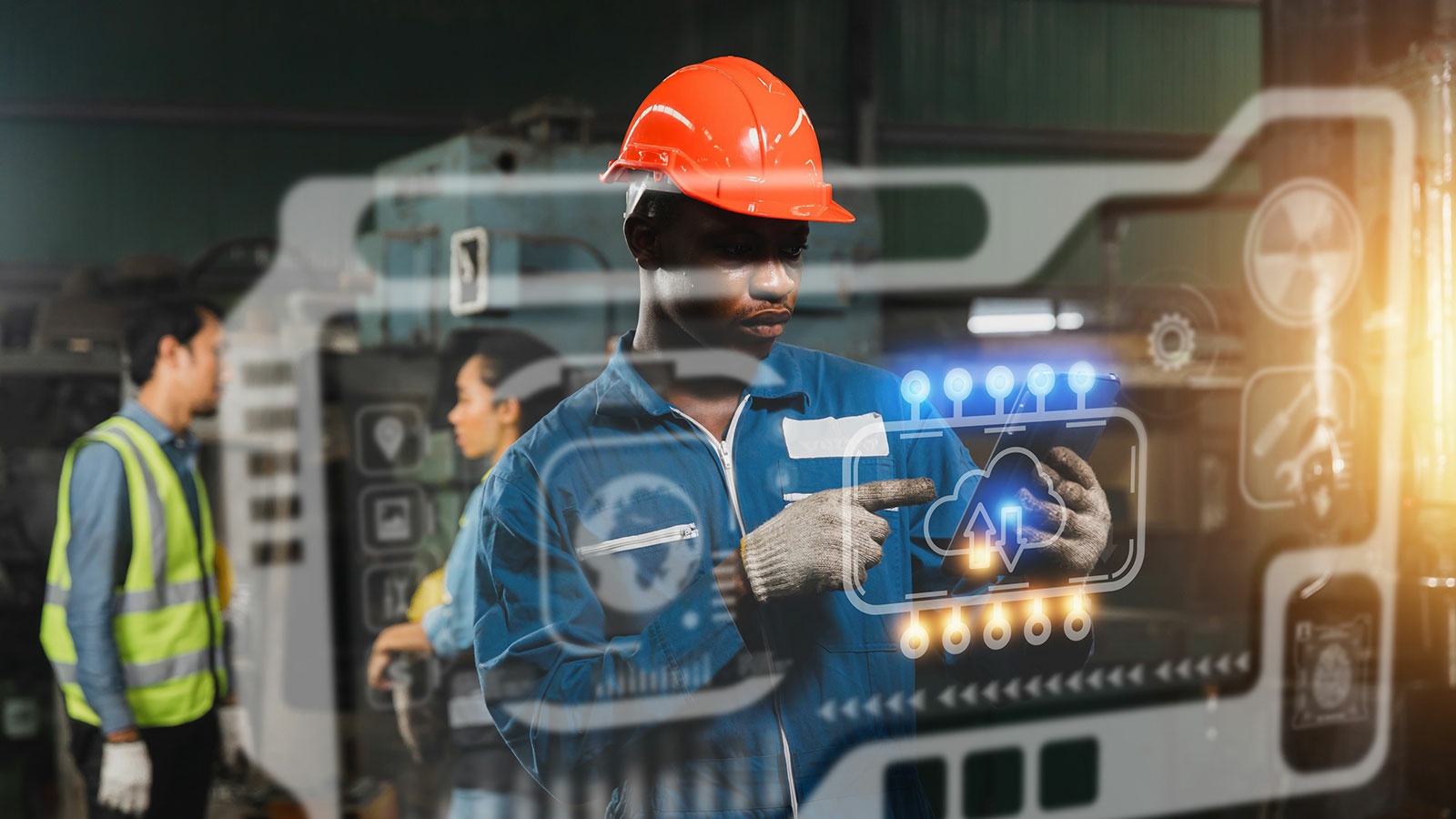
Samradni 18 Dec 2024, 11:30 pm
Collected at: https://www.analyticsinsight.net/artificial-intelligence/industry-40-unleashed-how-ai-will-transform-manufacturing-in-2025
The manufacturing industry is on the cusp of a revolutionary transformation with the advent of Industry 4.0, where artificial intelligence (AI) will play a pivotal role. By 2025, AI in manufacturing is expected to profoundly impact efficiency, accuracy, and productivity, ushering in a new era of innovation and growth. As the tech industry stands at the threshold of this transformative shift, let’s check out the exciting ways AI can reshape the manufacturing landscape.
AI: Enabler of Smart Manufacturing
It does not refer merely to a buzzword; it is evolving into a global reality with smart manufacturing thriving: factory automation is going to work more intelligently than ever, using AI as the sugar coating. According to a recent report by Deloitte, as many as 93% of companies believe AI in manufacturing will play a significant role by 2025. Predictive AI systems maintenance can save 20 to 50% of process downtime.
Such systems collect real-time data from sensors in a plant and use it to predict the eventual failure of pieces of equipment and allow their replacement before they interrupt the operation. Thus, the company saves time and money by allowing uninterrupted production.
Quality Control
AI-based quality control is expected to be more precise and cost-effective within the next five years than today. Advanced AI algorithms could even detect tiny product defects that inspection by people or traditional technology might fail to see. This revolution not only enhances the quality of products but also minimizes waste. According to a study by PwC, implementing AI in quality assurance could boost defect detection rates by as much as 90%.
Revamping Supply Chain Optimization
But there is more to AI in manufacturing than just upgrading manufacturing floors. Supply chain optimization now comes into making possible, which is better decision-making, visibility, and demand forecast. Gartner estimates that by 2025, 50% of global supply chains will be powered by AI-enabled platforms to automate and screen for disruptions.
An intelligent supply chain could track customer demand, optimize inventories, and eliminate excess inventory or stockouts. Logistics will also be transformed by using AI-powered self-driving vehicles and drones, improving speed and efficiency in deliveries.
Workforce Driven by AI
Rather than viewing job loss as a consequence of automation, a more positive perspective would emphasize collaboration. AI in manufacturing can help employees develop essential human skills while managing repetitive tasks. Once these tasks are automated, workers can focus on the strategic aspects of their roles. This approach will result in a committed and innovative workforce that drives progress.
According to a McKinsey report, around 70% of manufacturers intend to reskill their employees in some form of AI applications by 2025. This will prepare them for optimally blending technology with human capital.
Conclusion
The future of Industry 4.0 is here, and it’s being driven by the transformative power of artificial intelligence. As we look ahead to 2025, it’s clear that AI will continue to revolutionize factory automation, unlocking limitless potential in smart manufacturing, quality control, supply chains, and worker capabilities. By embracing this paradigm shift, manufacturers can stay competitive, sustainable, and innovative in an ever-evolving landscape. As the integration of AI and manufacturing reaches new heights, 2025 is poised to be a landmark year that sets new gold standards for industries worldwide, redefining the future of manufacturing forever.

Leave a Reply